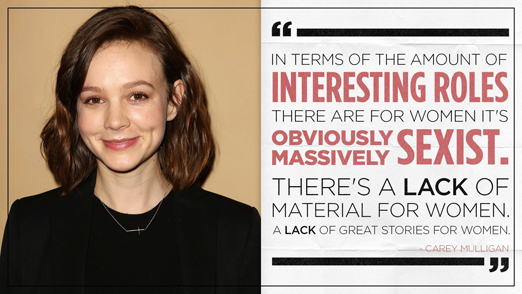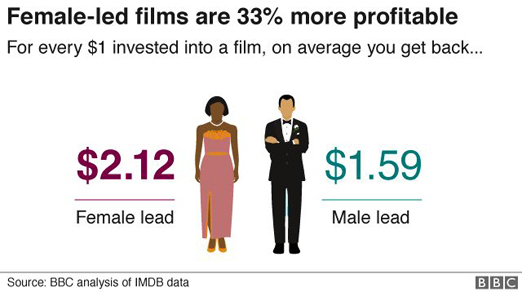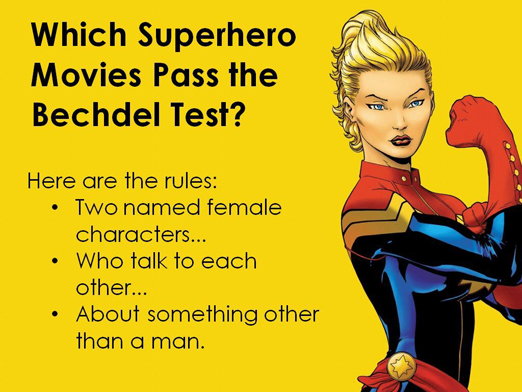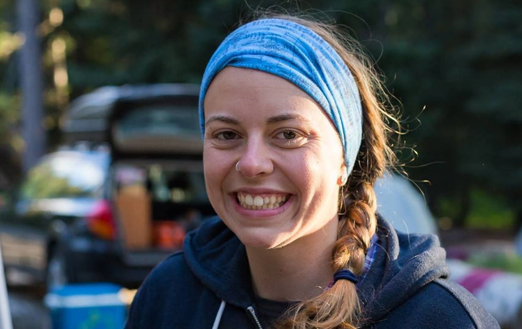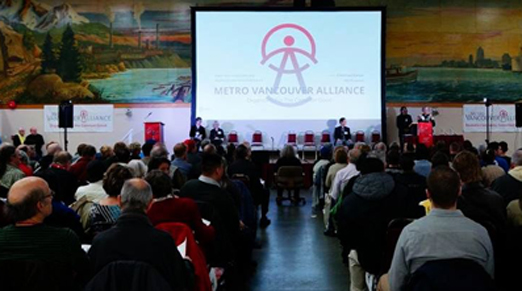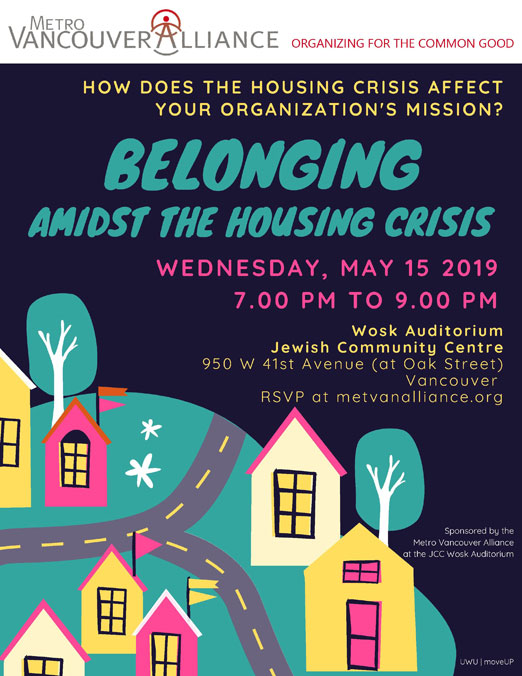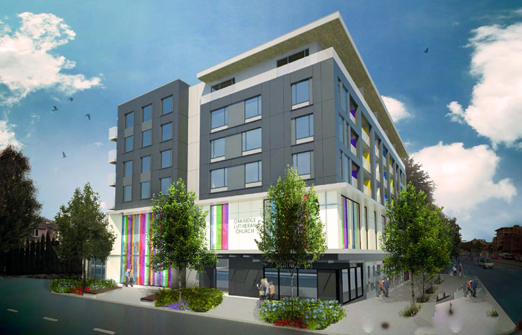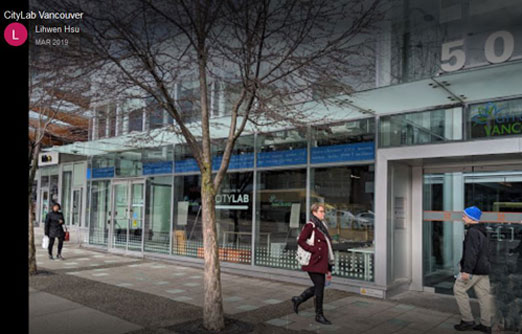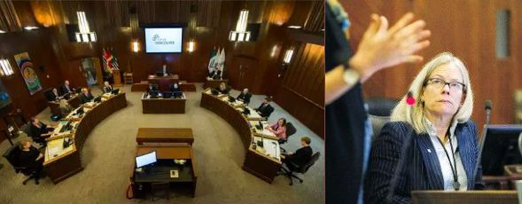 Vancouver City Council. Councillor Colleen Hardwick looks askance at a Council colleague.
Vancouver City Council. Councillor Colleen Hardwick looks askance at a Council colleague.
There’s a good reason why Vancouver City Councillor Colleen Hardwick (along with her Councillor colleague, Jean Swanson) are a lock to be re-elected in the autumn municipal election of 2022, while the rest of her Council colleagues will be scrambling to even make it into the top 30 of candidates running for office, once all the citizens’ votes are counted.
You’ll notice in the video above, Vancouver City Councillor Jean Swanson in solidarity with citizens protesting their eviction. “Woman of the people,” that’s Jean Swanson. Seems so with Councillor Hardwick, as well — both Councillors attending a Tenants Union rally last summer at English Bay, decrying the renoviction of long term tenants in a west end building due for demolition, to be re-developed as a high-end condominium tower.
For while her other nine colleagues, including Mayor Kennedy and fellow Councillors (excluding Councillor Swanson), are all namby-pamby on the affordable housing and transit files (“Oh, just you wait til the fall, when [Vision Vancouver] city staff report back to us,” her NP colleagues tell all who will listen, “… on just what needs to be done on the affordable housing file, and updating the Rental 100 programme … yessiree, Alice and Bob, dem city staff, they sure have citizens’ interests at heart, every galldarn pickin’ one of ’em, and we’re just the lowly electeds collecting our $100,000 a year plus salaries just so we can rubber stamp whatever they tell us to do”) — but not Vancouver City Councillor Colleen Hardwick, who calls a spade a spade, and lets city staff know just how she feels about being lied to when, oh let’s say City Manager, Sadhu Johnston, addresses Council with his usual, “Oh NO, you can’t do that. That just not the way things are done. Please, oh please, let me lead you novice city councillors down the garden path, it’s oh so pretty, really it is. C’mon now, just follow me.”
Vancouver Councillor Colleen Hardwick ain’t havin’ none of that hogwash.
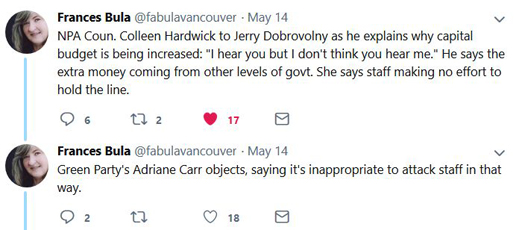 |
Nice. Last October, we seem to have elected a Council committed to nice.
After 10 years of the bitter reign of Vision Vancouver, who made opposition Councillors lives a hell on Earth, our new Council has turned a new leaf, where niceness and respect and not getting anything done of real benefit to the vast majority of the electorate would seem to be the order of the day.
VanRamblings appreciates, and lobbied for, collegiality on Vancouver City Council. So far, so good. No bitter recriminations, most votes passing unanimously, and everyone seems to be getting along quite well. Councillors Hardwick and Swanson are kind of frustrated with their fellow Councillors, but on a Council committed to nice, Hardwick and Swanson are viewed as “outliers”, and to be ignored, or even worse … called out.
Imagine. Three term Vancouver City Councillor Adriane Carr taking Councillor Colleen Hardwick to task for not being nice.
“Ah, gee shucks — Councillor Hardwick be nice, take your $115,000 Councillor’s salary, and just shut the hell up, will ya? If you don’t pipe down, we’re not gonna let you eat at our table, or play with our ball, or invite you to any of our parties. Nah, nah poopy face Hardwick …”
Yep, that Councillor Adriane Carr, she sure could teach a class on how to win friends and influence people aka curry favour with city staff.
It is to weep.
Little wonder that among the great unwashed (you know, the non-aligned, non-pedantic among the electorate — as in the vast majority of those Vancouver citizens who vote) have come to champion Hardwick & Swanson as, the “Women of The People” in these early days of this term of Council, emerging as the electorate’s favourites, the only two Councillors seemingly keeping their eye of the ball, remembering their commitments to the electorate (advocating for tenant’s rights and affordable housing — and in Councillor Hardwick’s case, financial accountability), while not engaging in flights of fancy that have nothing to do with why our current Council was elected to office, a great pastime for many of our other City Councillors.

